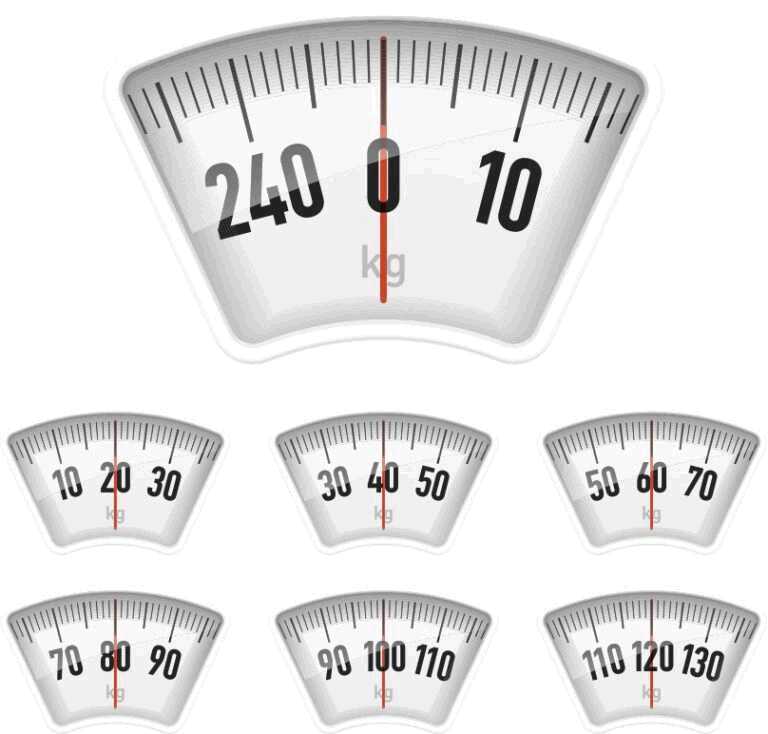
Diabetes can carry something of a stigma with it.
It’s true.
Although Type 1 does not discriminate against weight, Type 2 diabetes most often plagues individuals who are overweight, even if only a small amount. The diagnosis of diabetes can put a lot of pressure on patients to quickly drop weight to not only better manage their condition but also to avoid the stigmatization that can occur.
Excess Weight and Diabetes
First, it must be clearly understood that weight gain itself does not cause diabetes, nor can it be the sole culprit in contributing to its development. Instead, weight gain is symptomatic of other factors that can lead to diabetes, including poor diet, a sedentary lifestyle, high blood pressure, and genetic predisposition.
The changes in your body that occur when you are overweight can also contribute to diabetes, as the body does not function at its optimal ability when excess weight gain is a factor.
The Number on the Scale
Unfortunately, once they receive a diagnosis of diabetes, many people turn to quick methods to lose weight, ranging from rigorous, grueling exercise routines to various supplements or crash diets. While weight loss is a noble goal, enlisting these methods is particularly dangerous for people with diabetes. Failing to get an adequate amount of each food group can wreak havoc on their blood sugar, while supplements can interfere with medication. High-intensity exercise can also be problematic, particularly if they have any heart or circulatory issues as a result of your diabetes.
Instead of focusing on the number on their scale, they should focus instead on their overall  health. Instead of slashing their food intake in half, they should make healthier food choices, arriving at a stable, realistic plan with a nutritionist. This might be as simple as switching out their evening pie with a slice of fresh fruit or munching on some kale chips instead of their standard potato chips.
health. Instead of slashing their food intake in half, they should make healthier food choices, arriving at a stable, realistic plan with a nutritionist. This might be as simple as switching out their evening pie with a slice of fresh fruit or munching on some kale chips instead of their standard potato chips.
Although the number on the scale might not be the ideal, the body will be notified once it has arrived at a healthy weight. People will not struggle to maintain their blood sugar, as their food choices will be stronger and healthier. They will not need to punish their food mistakes with an hours-long workout. They will not need to guzzle supplements targeting others’ insecurity about their weight.
Instead, they will have created a consistent routine that works with their diabetes, not against their body. The number on the scale should not be the focus; instead, it should be on creating a lifestyle that allows them to live happily and successfully with their diagnosis.
ReferencesNY Times. Accessed 5/24/17.
Kids’ Health. Accessed 5/24/17.
